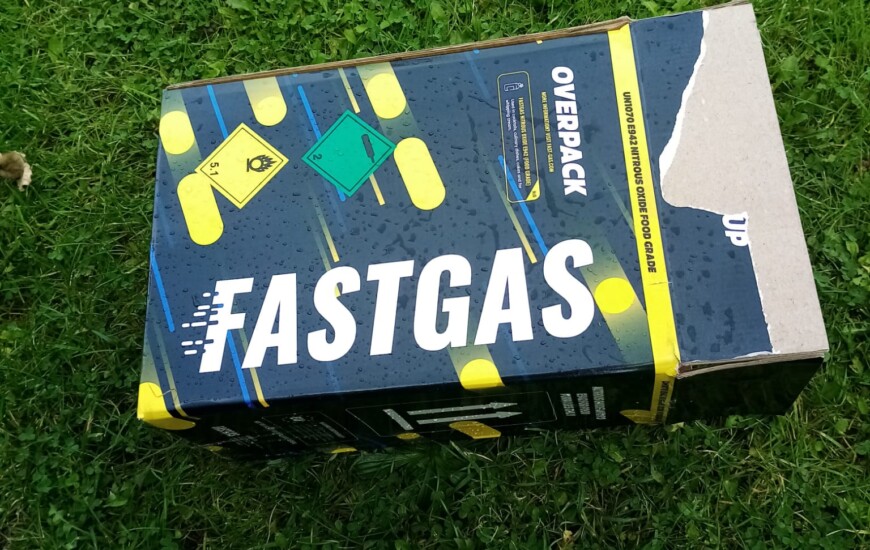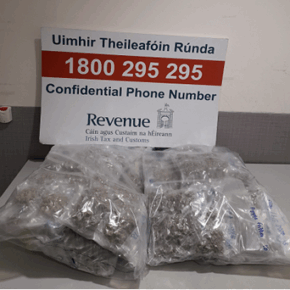Andrews calls on Ireland to join other EU nations in banning nitrous oxide
Dublin People 25 Jan 2024
Barry Andrews, Fianna Fáil MEP for Dublin, is urging the Irish Government to take decisive action by aligning with the recent decisions of other EU Member States and amending existing legislation to restrict access to nitrous oxide, popularly known as laughing gas.
He said the empty canisters are “a familiar sight on our streets and in our alleyways.”
He stated that Ireland needs to keep pace with their European counterparts in addressing the growing concerns surrounding the recreational use of nitrous oxide.
“While countries like Belgium and the Netherlands have already taken steps to outlaw nitrous oxide, Ireland lags behind. It’s crucial for Government to amend existing legislation promptly.”
Belgium became the most recent European nation to ban nitrous oxide following a significant spike in consumption, especially among youth.
The Netherlands and the UK have also taken measures to prohibit its recreational use, which Andrews says is an indication that even nations known for progressive views on drug use are looking to curtail the use.
Andrews claimed that laughing gas is this century’s ‘gateway drug’ for young people.
The 2022 study from the European Monitoring Centre for Drugs and Drug Addiction, highlighted by Andrews, reveals that one in four Irish individuals has experimented with nitrous oxide. Despite the psychoactive properties of nitrous oxide, existing legislation falls short of classifying it as a controlled substance under the Misuse of Drugs Act 1977.
Andrews shed light on the legal inconsistencies, stating, “while the Criminal Justice (Psychoactive Substances) Act 2010 prohibits the sale of psychoactive substances, which prohibits the sale of nitrous oxide for its psychoactive properties, nitrous oxide remains legally accessible for catering and industrial purposes. This legal gap allows its sale in small retail outlets and online, contributing to its prevalence.”
Further underscoring the ease of access, Andrews noted that nitrous oxide can be easily obtained from websites, many of which boast about creating memorable moments and offering anonymity.
“One particular online ‘retailer’ emphasises its European production, free delivery, and even introduces ‘flavours,’ initially seemingly for whipped cream but ambiguously presented on the website,” he said.
“There is a general misconception among users that inhalation of nitrous oxide is safe. The momentary euphoria it offers is not worth the potentially life-altering and deadly effects. Immediate action is imperative to protect the well-being of our youth.”











